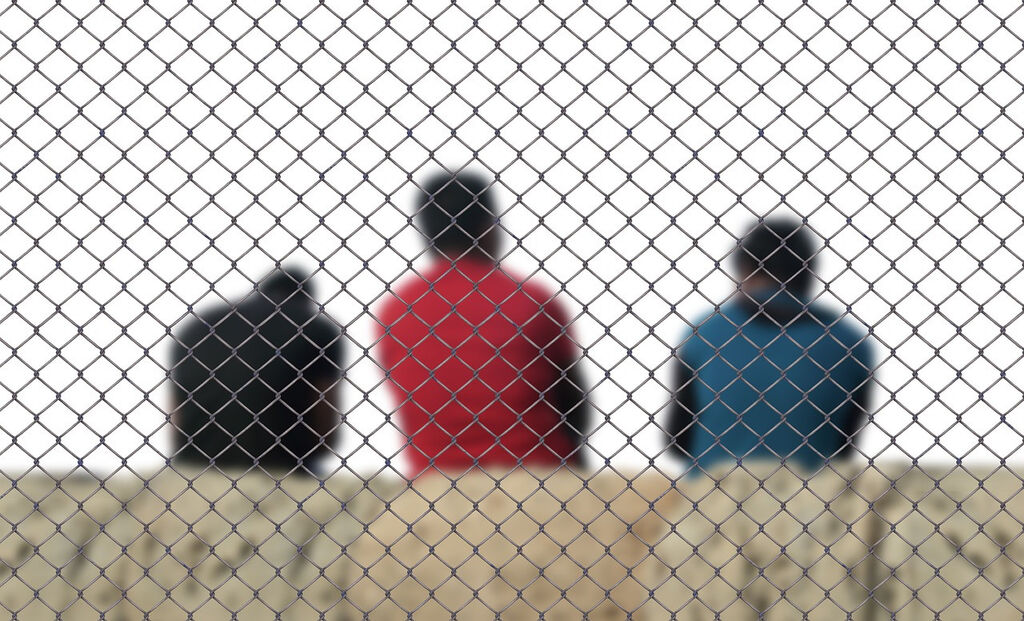Modern Slavery
Challenge to controversial illegal migration law welcomed by CARE

Press release: CARE has welcomed a challenge to the UK Government’s Illegal Migration Act, citing “profound concerns” about the welfare of victims.
This morning, it emerged that the Northern Ireland Human Rights Commission (NIHRC) has issued a legal challenge against the Illegal Migration Act.
The body previously advised that the law was incompatible with the European Convention on Human Rights and other international standards.
It pointed specifically to a ‘failure to protect some of the most vulnerable people including children, victims of human trafficking and exploitation’.
Dr Rebecca Stevenson, a trafficking policy expert at CARE, which campaigned for landmark modern slavery legislation in NI, said: “We welcome this intervention, which reflects the profound concerns raised by anti-trafficking and modern slavery organisations during scrutiny of the legislation.
“We warned that these proposals will do nothing to help victims of human trafficking being brought to our shores, or those already here who are currently being exploited. In fact, the new approach is likely to undermine efforts to identify victims and ensure that justice is served.
"People being exploited in trafficking and modern slavery already face huge barriers to coming forward. They will find it even more difficult to do so when seeking help could see them immediately deported, and potentially re-exploited. Many will conclude it’s better not to speak out at all.
“The 30-day period before deportation also means that genuine victims of trafficking – such as those identified in a recent, high-profile case in Northern Ireland – stand little to no chance of receiving the statutory support they are supposed to be entitled to. This is fundamentally unjust.
“Modern slavery remains a high-profit, low-risk crime and conviction rates are low. We need to identify more victims and the evidence required to convict criminals This is more challenging in an environment where people fear engaging with the state due to their immigration status.
"The UK Government will need to prove that it is meeting its obligations under the European Convention Against Trafficking, which requires signatories to identify and support victims of modern slavery. We trust that the forthcoming legal process will explore this very important question.”
ENDS
Notes for Editors
CARE is a social policy charity, bringing Christian insight to the policies and laws that affect our lives. Contact us: press@care.org.uk
Share
